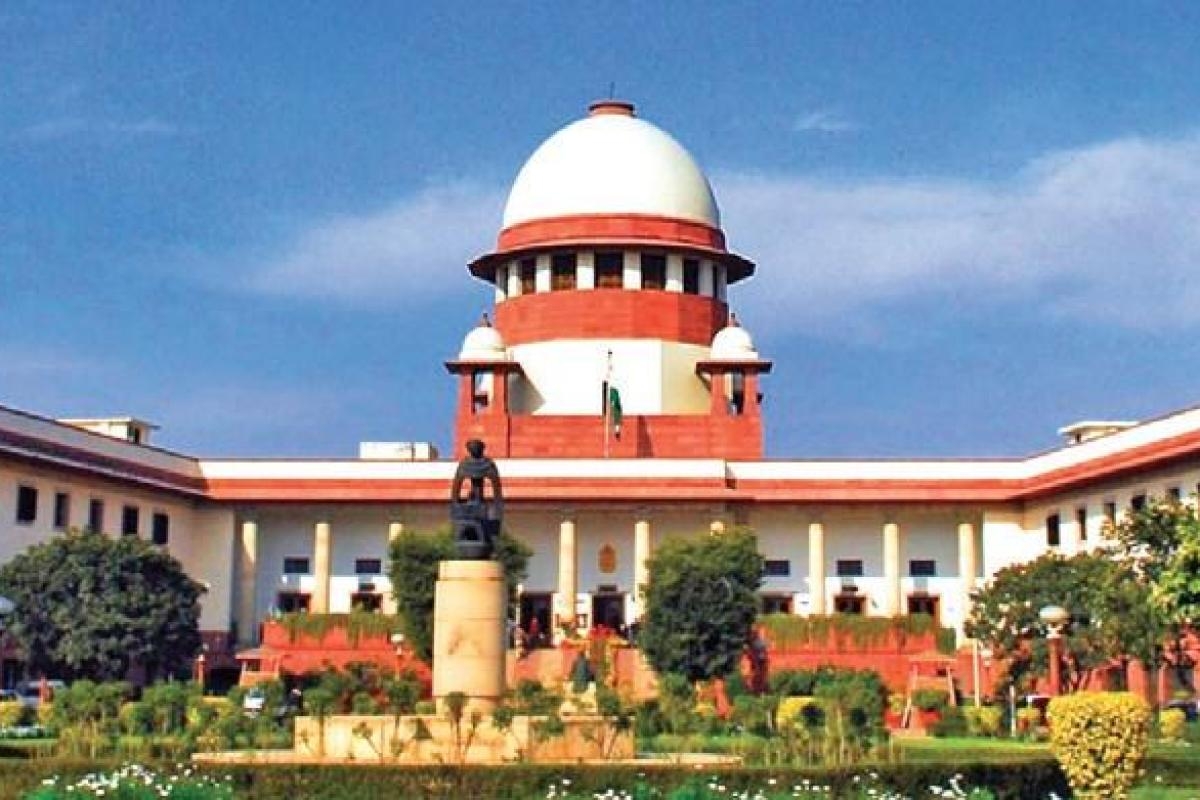Guj religious sect says MD not guilty for Morbi bridge collapse
Even as a local court in Morbi has rejected the bail pleas of the accused in the 30 October hanging…
Chief Justice of India UU Lalit told advocate Vishal Tiwari, who had submitted the plea before a bench headed him, “You are very quick. What are your prayers?” In his reply, Tiwari said he was seeking a judicial inquiry commission.

Supreme Court of India. (Photo Courtesy: Twitter)
The Supreme Court, on Tuesday, gave its assent for the hearing of a petition for the constitution of a judicial commission to go into the Morbi bridge collapse in Gujarat. The court fixed November 14 for the hearing.
The Morbi bridge collapsed on October 30 resulting in 141 deaths.
Chief Justice of India UU Lalit told advocate Vishal Tiwari, who had submitted the plea before a bench headed him, “You are very quick. What are your prayers?” In his reply, Tiwari said he was seeking a judicial inquiry commission (into the case).
Advertisement
He also pointed out that there were several old structures in many states.
After hearing brief submissions, the apex court agreed to examine the plea on November 14.
In his petition, advocate Vishal Tiwari drew the attention of the court to the utter negligence and total failure of the government authorities which, he said was evident from the incident reflects. Recalling various accidents that took place in the country in the past decade, the petitioner said behind all such cases there was mismanagement, lapse in duty, and negligent maintenance activities.
It may be noted here that the 141-year-old suspension bridge over the Machchhu River in Morbi collapsed barely a week after it was reopened just following repairs and maintenance by a private operator.
The petitioner is of the view that at the time of collapse there were several hundred people, over the permissible limit, on the bridge for which no fitness certificate was taken by the private operator prior to its reopening.
The plea called it an utter dreadful act of violation of human rights that is the breach of right to life under Article 21 of the Constitution and urged the top court to issue directions to all states to form committees to conduct risk assessment of all old and risky monuments, bridges, etc.
(With inputs from IANS)
Advertisement